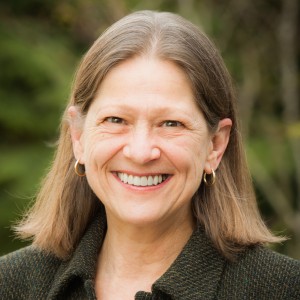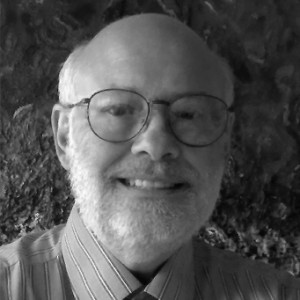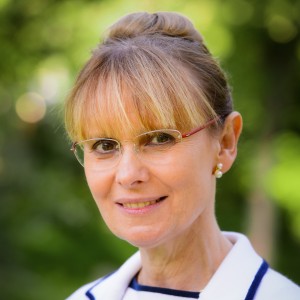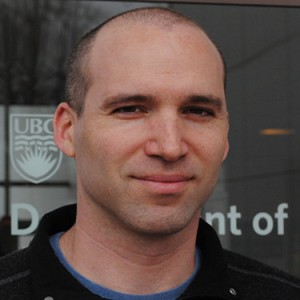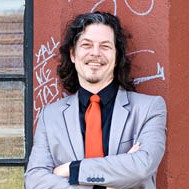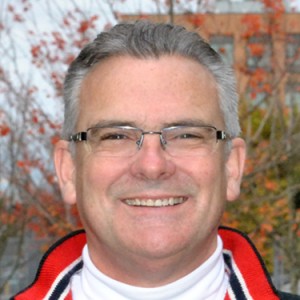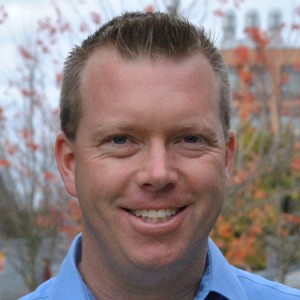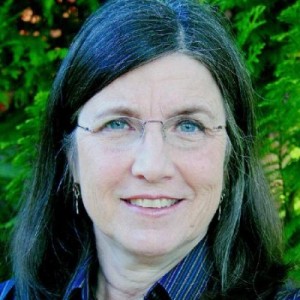Beth Haverkamp
Ethics; Ethical decision making; Counselling psychology; Counselling process; Research methods; Social cognition.
Dr. Haverkamp’s research explores ethical decision-making in research and professional practice. Additional scholarship has focused on professional issues in counselling psychology, with particular emphasis on the Canadian context, the role of assessment and the counselling relationship. Dr. Haverkamp is an elected Fellow of the American Psychological Association and Canadian Psychological Association.
Ryuko Kubota
Critical applied linguistics; Critical pedagogy; Culture in language education; Multicultural education; Race; Neoliberalism and language education; Second language writing; Language policy.
Her research investigates facets of second/modern language education (e.g., pedagogy, identity, race, culture, academic writing, language policy, language ideology) from critical pedagogy, critical multicultural education, and critical applied linguistics. Dr. Kubota is interested in how power, ideologies, and discourses shape individual and institutional practices of teaching, learning, and using languages and how transformation can be sought.
Don Krug
Education, curriculum & pedagogy; Educational technologies; Teacher education and professional development; Digital learning, media literacies, and embodied perception (early childhood to adult); Virtual education and professional learning communities; Computer science and computational learning; Visual culture, innovation, & aesthetics; Sustainability and experiential learning.
Dr. Krug is a curriculum and pedagogy scholar; educational technology, media literacy and virtual education expert; computer science specialist; and UBC Sustainability Fellow. Significant results of his research program are critical inquiry practices and policies for early childhood – adult education. His scholarship on ecologies of learning and virtual communities pioneered pragmatic and conceptual ways of knowing and using technology integration within in/formal societal and cultural contexts.
Anna Kindler
Artistic development; Social cognition of art; Educational leadership; Post-secondary policy; Quality assurance in post-secondary education; Higher education.
Dr. Kindler’s research led to the development of a system’s approach to the understanding of development in pictorial representation. This theoretical framework accounts for the interplay between the psycho-biological, social and cultural factors that impact on human ability to deploy visual means for expressive and communication purposes and which determine artistic success. This work has informed art education theory and practice internationally.
Paul Kennedy
Neurophysiology; Activity promotion; Community-based experiential learning; Biomechanics.
Dr. Kennedy uses active learning techniques to engage his students and promote dialogue on the concepts and principles inherent to the science of human movement.
Janet Jamieson
Special Education; Education of the Deaf and Hard of Hearing; Social-emotional development; Peer interaction; Kindergarten transition; Early intervention.
Dr. Jamieson has a longstanding interest in the social development of young deaf and hard of hearing children and the wellbeing of their families, especially a) peer interaction between deaf and hard of hearing children and their hearing peers; b) family support needs of families with young deaf or hard of hearing children; and c) the transition of deaf children to kindergarten. Her scholarship and service have contributed to the establishment of the BC Early Hearing Program.
Kedrick James
English Language Arts; Literacy education; Writing assessment; Network theory; Information ecology; Text automation; Media arts.
Dr. James has developed innovative approaches to teaching literacy and English language arts through methods of poetic inquiry that draw on applied linguistics, textual algorithms, and genre theory. These methods benefit teachers in international settings by increasing awareness of native speaker bias in assessment and evaluation and are used in the development of strategic pedagogy to assist students with specific profiles in developing proficiency in targeted genres and styles of expression.
Timothy Inglis
Posture; Balance; Vestibular; Somatosensory; Neurophysiology, Sensorimotor control; Microneurography; stance.
The work in the Human Neurophysiology laboratory focuses on how we use sensory information from our inner ear balance system (the vestibular system), as well as how we use the abundance of sensory information from our skin, joints and muscles. A novel technique used in Dr. Inglis’ laboratory involves the recording of single nerve cells in wide awake human subjects. The technique, termed Microneurography, allows us to monitor, in real time, sensory information in the human.
Mark Carpenter
Balance; Posture; Falls; Neural control; Sensori-motor; Fear of falling; Anxiety.
His research aims to identify the neural, musculo-skeletal and psychological factors that contribute to balance deficits and falls associated with age, Parkinson’s disease, vestibular loss and spinal cord injury. Dr. Carpenter uses a comprehensive approach to studying balance by combining various neuro-physiological and biomechanical techniques within real and virtual environments, in order to identify optimal exercise, training and treatment strategies to reduce the occurrence and impact of falls.
Shelley Hymel
Social development; Social-emotional learning; School bullying; Peer relations; Child and youth mental health and well being; School climate; Moral disengagement in children and youth; Teacher-student relationships.
Her research focuses on social-emotional learning and development. Dr. Hymel is part of UBC’s Human Early Learning Partnership, team leader for PREVNet (www.prevnet.ca), regional director for the Canadian Prevention Science Cluster, on the BC Crisis Centre’s Board of Directors and the Research Advisory Board of Seattle’s Committee for Children. With S. Swearer she’s established the Bullying Research Network of over 100 scholars worldwide and is co-editing a special issue of the American Psychologist.
